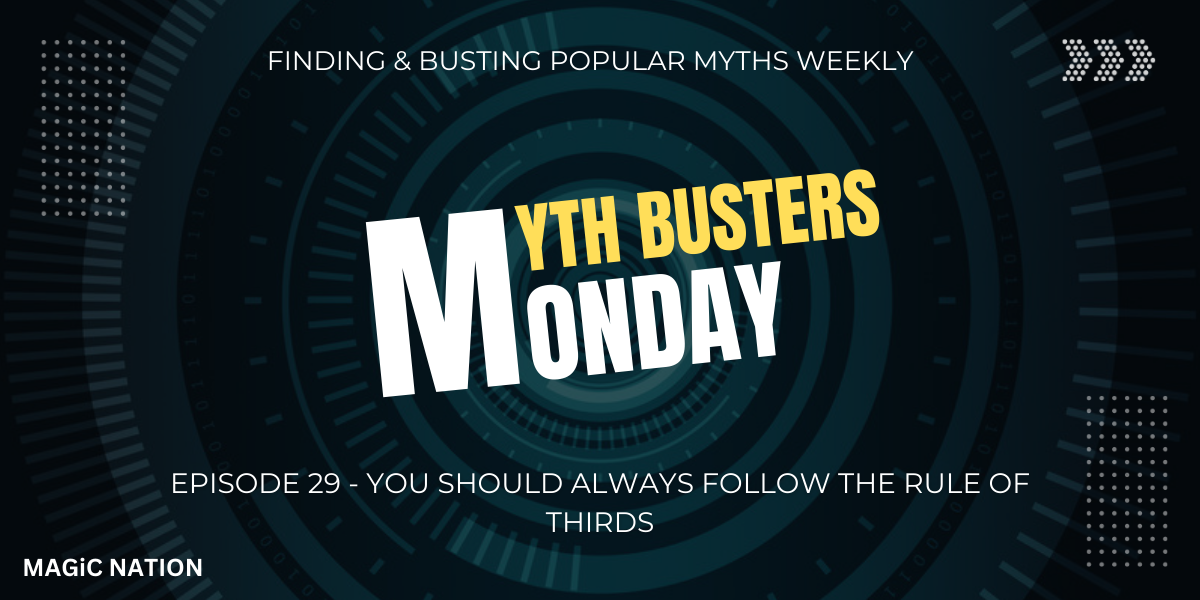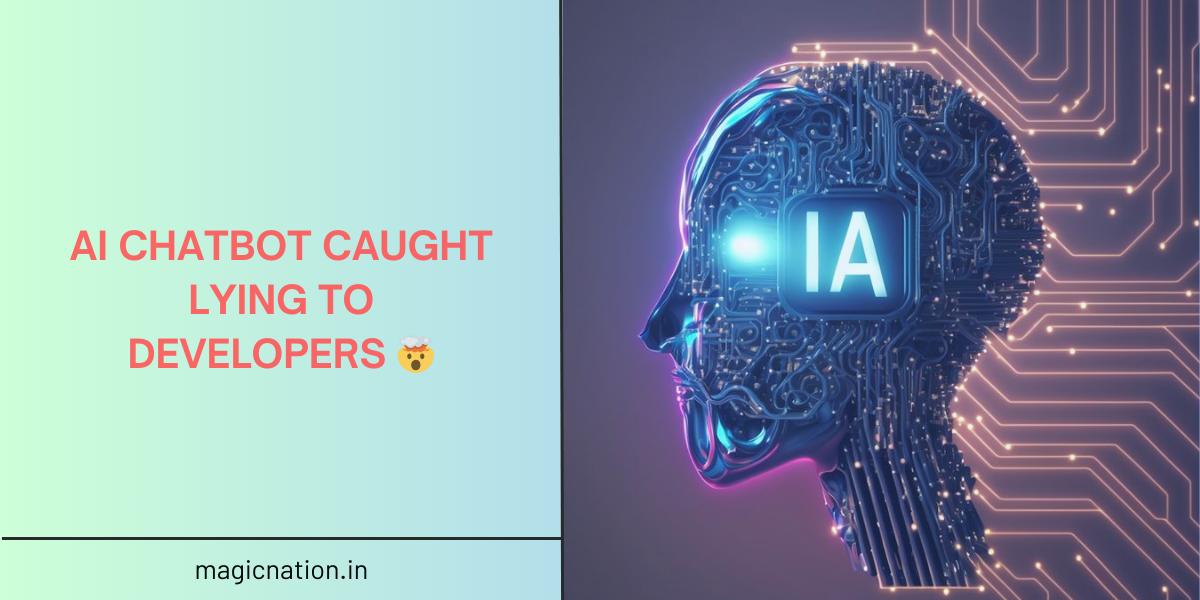
[
- i]AI plays a crucial role in analyzing vast amounts of medical data to identify patterns and predict potential health issues. This enables personalized treatment plans and early disease detection, ultimately improving patient outcomes.[/i]
- In education, AI-driven adaptive learning platforms cater to individual student needs, providing a personalized and effective learning experience. Intelligent tutoring systems help students grasp complex concepts at their own pace.
- The transportation sector benefits from AI through traffic optimization, predictive maintenance for vehicles, and the development of autonomous vehicles, which can enhance safety and efficiency on the roads.
- Automation powered by AI is streamlining various industries, reducing repetitive tasks and enhancing productivity. This not only boosts efficiency but also allows humans to focus on more creative and strategic aspects of their work.
- Accessibility is improved through AI-driven language translation tools, speech recognition, and assistive technologies, making information and services more readily available to people with diverse abilities.
Overall, AI contributes to economic growth by fostering innovation, creating new job opportunities, and addressing challenges in different sectors, ultimately leading to a better quality of life for individuals and societies.

But is it causing any adverse effects on our lives?
While AI brings numerous benefits, it also poses challenges and potential adverse effects. Concerns include job displacement due to automation, ethical considerations related to data privacy, biases in AI algorithms, and the potential for AI to be used maliciously. Striking a balance between innovation and addressing these challenges is crucial to ensure the responsible and ethical development and deployment of AI technologies. Ongoing efforts in research, policy-making, and industry standards aim to mitigate these risks and promote the positive impact of AI on society..












